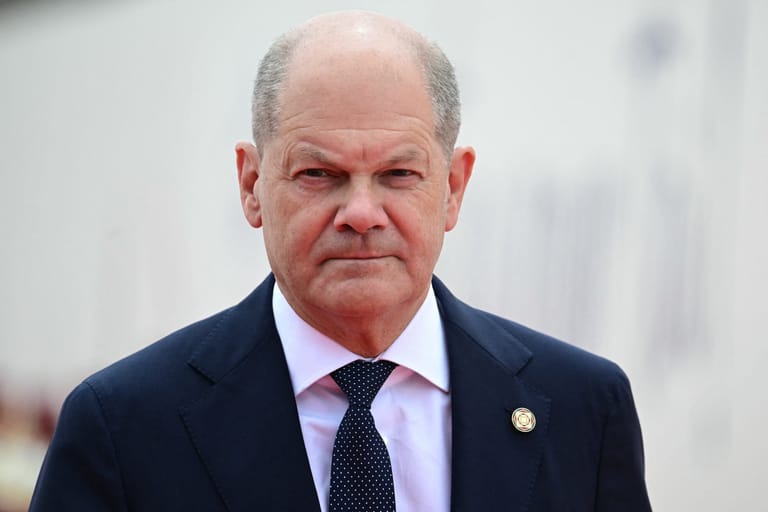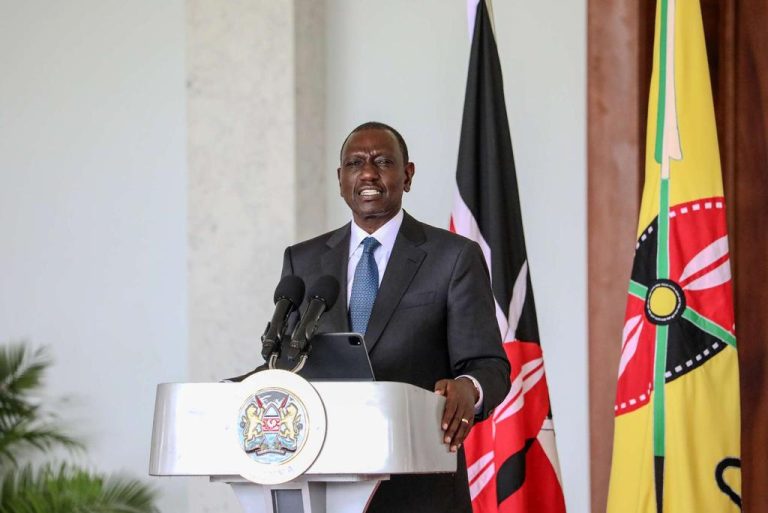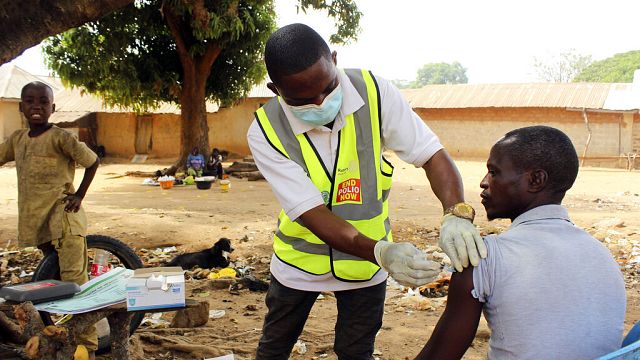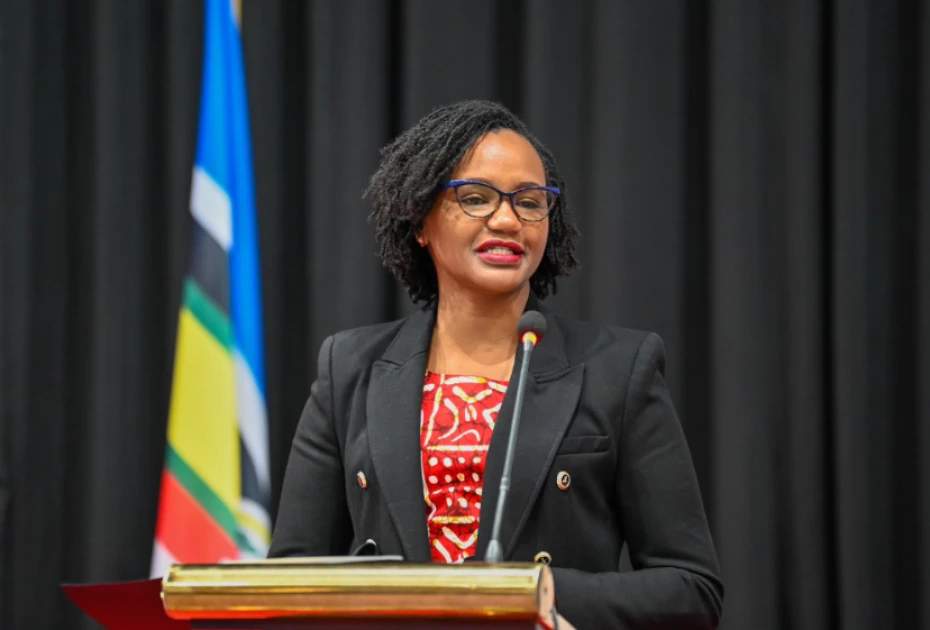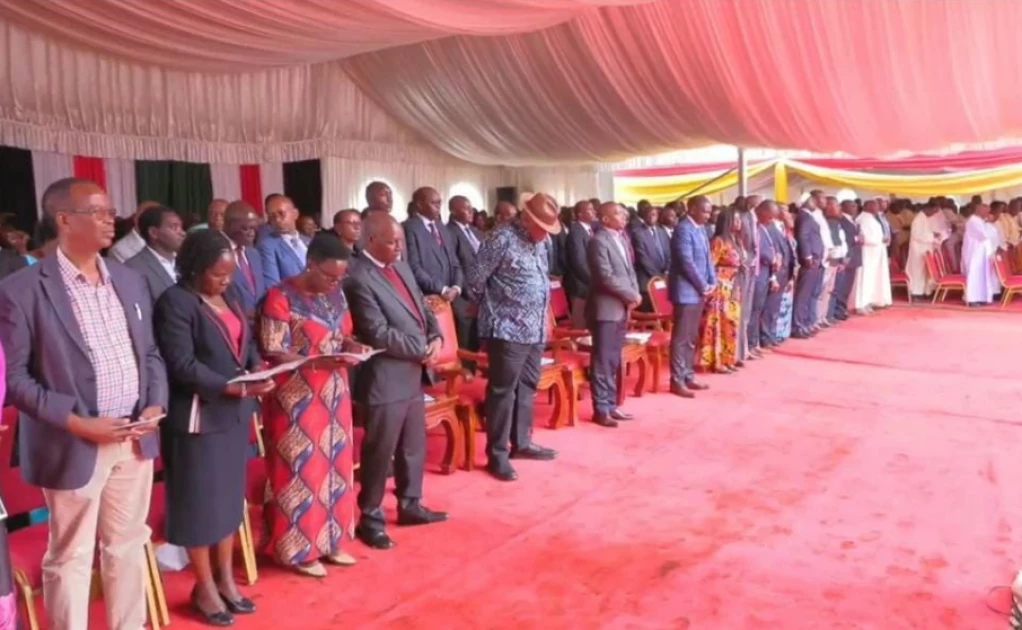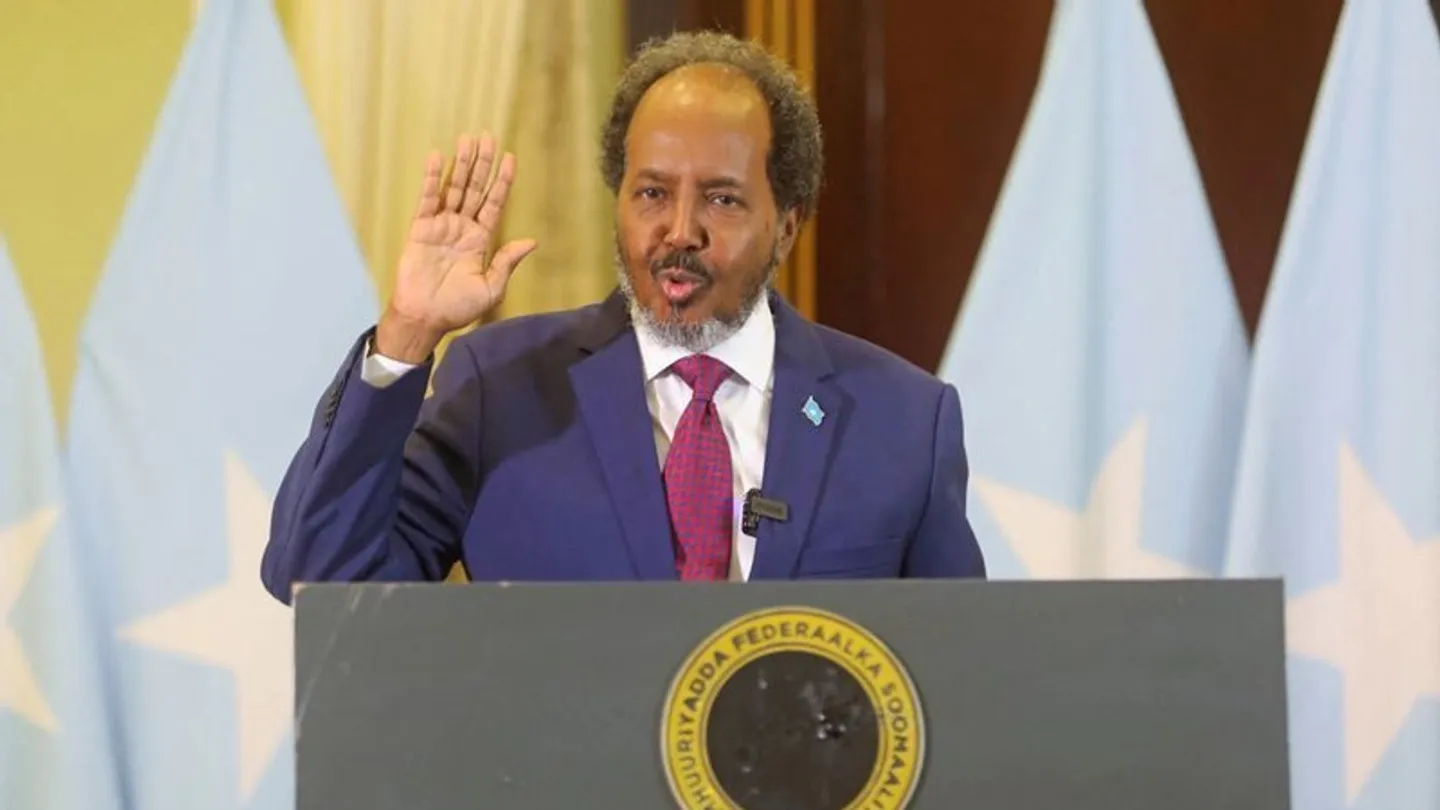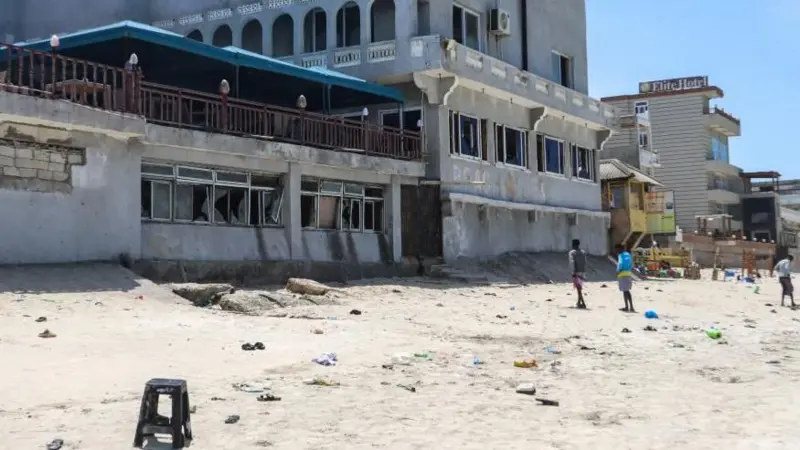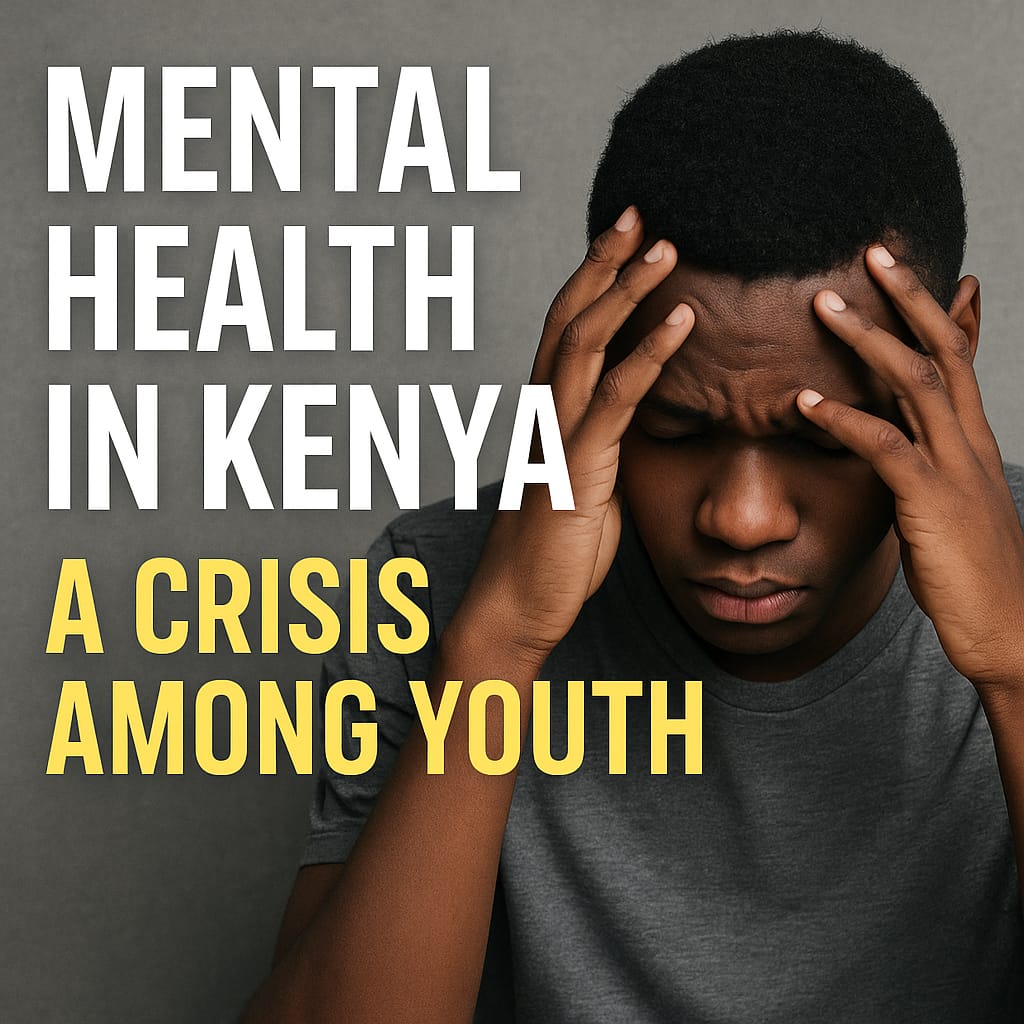Somalia has entered a new chapter in its democratic journey after President Hassan Sheikh Mohamud and opposition leaders signed a Somalia election agreement in Mogadishu on August 25, 2025.
The deal marks a major step toward replacing Somalia’s long-standing clan-based power-sharing system with a one-person, one-vote electoral process. For decades, elections in Somalia have been delayed, disputed, and shaped by clan negotiations. This agreement offers hope of a more transparent and inclusive political system.
Key Points of the Somalia Election Agreement
- Direct Elections: Federal lawmakers will be chosen through universal suffrage, allowing every Somali citizen a vote.
- Presidential Selection: Members of parliament will elect the president after being directly elected by the people.
- Political Parties Recognition: Any political party securing at least 10% of parliamentary seats will gain official recognition.
- Legal Framework: All elections will be conducted under Somalia’s 2024 election law.
President Mohamud welcomed the agreement, calling it “a commitment to Somalia’s democratic future and unity.” Opposition leaders echoed this sentiment but stressed that real progress will only come if the deal is fully and fairly implemented.
Challenges and Reactions
The deal was signed with a breakaway faction of the opposition, leaving some major groups outside the agreement. This has raised concerns about inclusivity and the risk of political fragmentation.
Nonetheless, international partners including the African Union, United Nations, and IGAD have praised the Somalia election agreement as a critical step toward stability.
Looking Ahead
If implemented successfully, the Somalia election agreement could mark the beginning of a stable democratic era, offering citizens a stronger voice and reducing the cycle of disputed elections. For many Somalis, it is a long-awaited sign of hope that their country is moving closer to genuine democracy.


